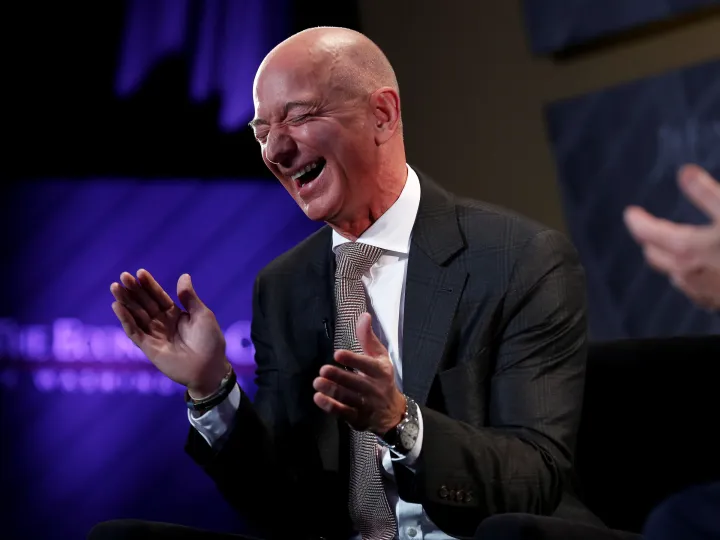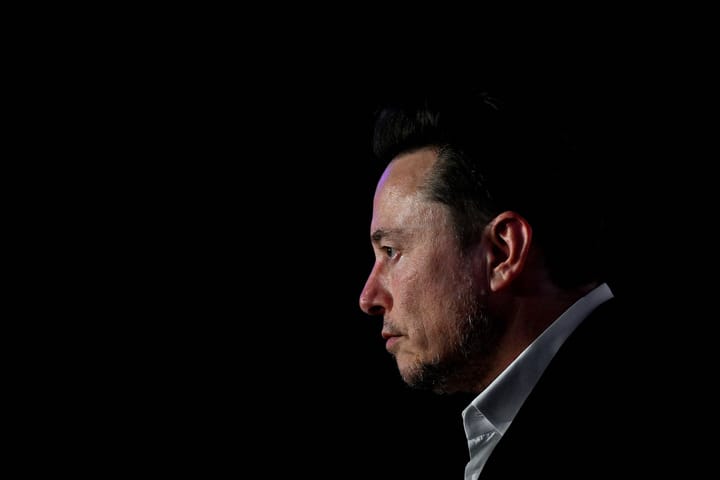Embargoes didn’t stop the Soviets, and they won’t stop AI in China.
There's a particular kind of arrogance embedded in the idea that you can contain innovation, that you can wall off progress, sanction your way to supremacy, and embargo your rivals into irrelevance. It's the arrogance of empire. And it rarely ends well.
The White House is trying to kneecap China's AI sector by blocking access to Nvidia's H20 chips and AMD's accelerators, convinced that if they can deny Beijing the tools, they can stall the race. But technology is not a static contest. It's not a board game where the winner is decided by who holds the patents. It's an evolutionary arms race. Every restriction creates pressure. Pressure creates adaptation. And adaptation leads to unexpected outcomes.
We saw this in the Cold War proper. When the U.S. embargoed high-tech exports to the Soviet bloc under CoCom rules, the USSR didn't stop building weapons or supercomputers. It built its own, poorly at first, then better. Some of the most impressive feats of Soviet engineering happened in direct defiance of sanctions. Not because sanctions were ineffective but because they shifted the incentives. You don't kill innovation by starving it. You mutate it. You drive it underground. You make it local. You make it desperate and clever.
This isn't just history repeating. It's history updating its firmware. China isn't the Soviet Union. It's not isolated, it's not ideologically crumbling, and it's not decades behind. It's a technologically ambitious, economically integrated powerhouse with a ruthless focus on self-sufficiency. The U.S. export restrictions don't freeze China out of AI. They tell China exactly where to dig.
DeepSeek's success is the case study. A Chinese startup builds shockingly powerful models with surprisingly limited compute, and the American response isn't curiosity or admiration—it's panic. It's a trade ban. It's the weaponization of supply chains. But the moment the U.S. says "no more chips," China turns to Huawei. Or Cambricon. Or builds its own fab lines with subsidies and urgency.
Every act of tech containment accelerates the birth of an alternate ecosystem. That isn't a theory. It's what happened with semiconductors in Taiwan. It's what happened with nuclear research in Pakistan. It's what happened with software development in Russia after 2014. The more the U.S. tries to dominate the chessboard, the more new games get invented.
And here's the deeper failure: The restriction strategy assumes that superiority is permanent. That American firms like Nvidia will always be a generation ahead. That the U.S. can dictate the rules of the race indefinitely. But innovation compounds. Once a rival learns to replicate, they start to iterate. The time between "almost caught up" and "leading the pack" is shorter than most policymakers think. You can't embargo time. You can't sanction ingenuity.
What makes this all the more shortsighted is how these restrictions backfire in the domestic economy. Nvidia loses $5.5 billion. AMD takes a hit. ASML gets cold feet. Investors pull back. The rules change so fast that nobody can trust them. Scott Lincicome wasn't wrong: it's a brutal environment for companies betting on long-term plays. And when the U.S. market gets volatile, the global market starts looking elsewhere. Maybe to Shenzhen. Maybe to Munich. Maybe to a sovereign data center in Jakarta.
Who wins this chip war? Not the companies. Not the consumers. Not the democratic ideals the U.S. claims to be defending. The only real victory is in forcing a fork: two ecosystems, two AI futures, and two incompatible tech stacks. And once that split is complete, the world doesn't get more stable. It gets harder to bridge.
Containment is not a strategy. It's a reaction. It's fear packaged as policy. The real strategy would be investment. Education. Immigration reform that brings the brightest minds to your shores. Science funding that outpaces rivals by sheer momentum. Diplomacy that builds trust instead of panic. But none of that plays well in a press conference. None of that gives you the sugar high of saying you're "crushing China's AI ambitions."
History has a lesson here, and it's not subtle. The more you try to suppress the growth of a rival tech power through brute denial, the more resilient that rival becomes. The Cold War didn't end because the USSR was embargoed into collapse. It ended because one side ran out of belief in its own future. The battle over chips isn't about circuits. It's about imagination. And if the U.S. insists on playing defense while others are dreaming bigger, it won't matter who had the better silicon.
You don't win the future by trying to stop others from building theirs. You win it by creating something more compelling. Faster. Fairer. Freer.
That has to be enough. Because anything else is just a rerun of a Cold War none of us can afford.
Now, more than ever, the world needs an independent press that is unencumbered by commercial conflicts and undue influence.
By taking out an optional founding membership, you can help us build a free, accessible, independent news platform firewalled from corporate interests.
Support The Index



